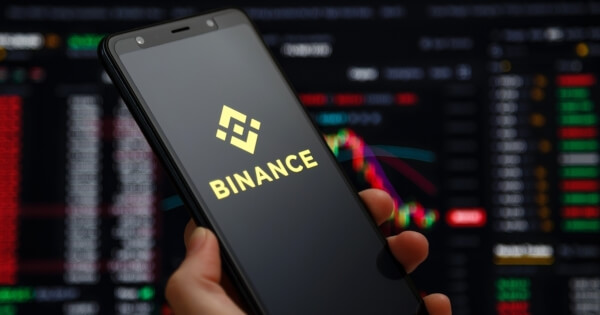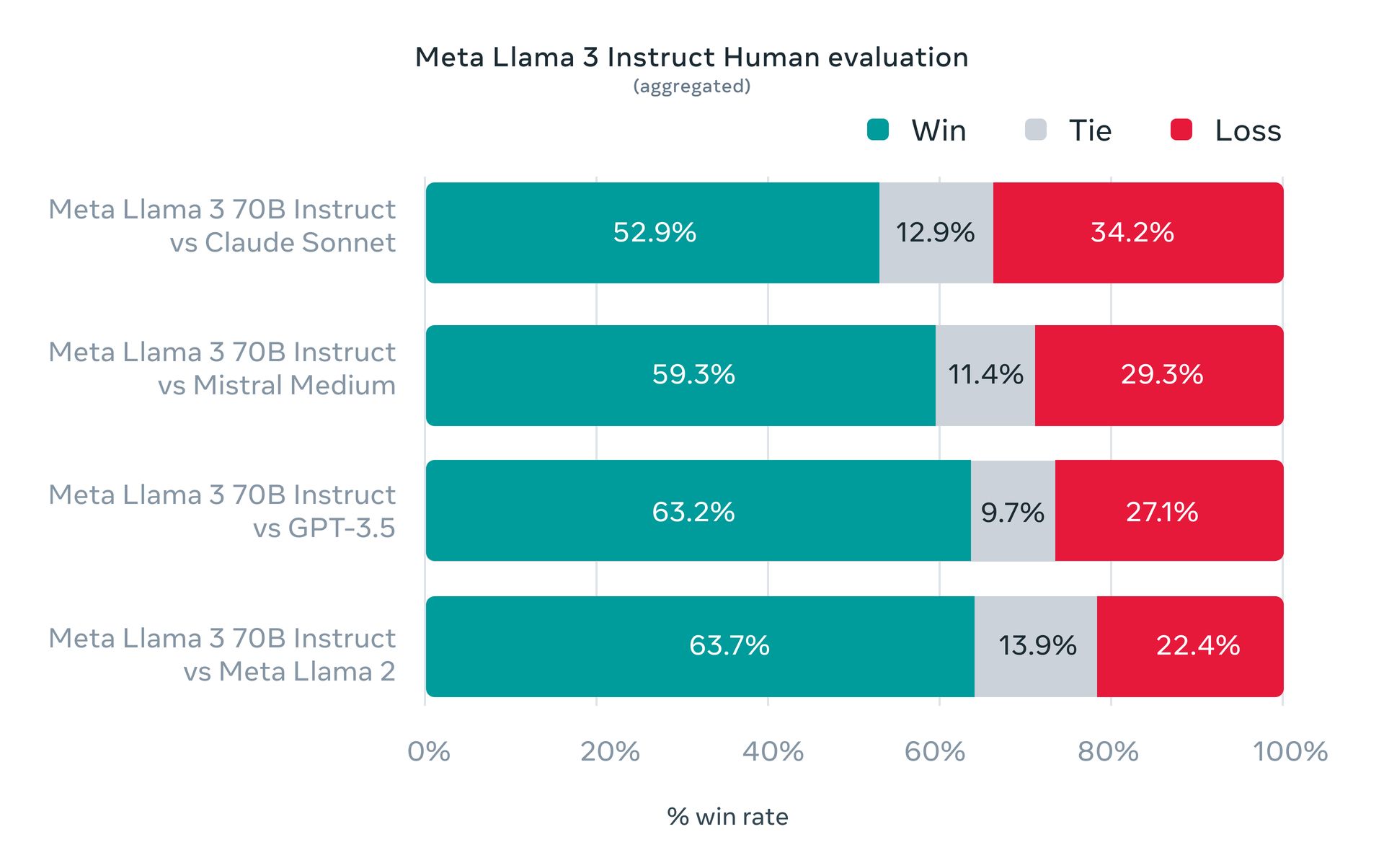The resistance to DEI is widespread and easily noticeable. Following the collapse of the Francis Scott Key bridge, Baltimore Mayor Brandon Scott faced criticism and was labeled as the “DEI Mayor.” On social media, opponents of DEI claim that the acronym stands for “Didn’t Earn It.”
The backlash against diversity efforts is evident in the Heritage Foundation’s Project 2025, which aims to eliminate diversity, equity, and inclusion initiatives in various organizations and institutions.
In response, several major companies like Bank of America Corp, Goldman Sachs Group Inc., Tesla Inc., and Zoom Video Communication, Inc. have reduced their diversity programs, citing reverse discrimination. They have now opened their programs, which were previously focused on promoting women and people of color, to everyone.
A self-reinforcing problem
Resistance to diversity efforts is not new, with historic pushback from white men, including Elon Musk and Bill Ackman.
During my time as Procter & Gamble’s senior vice president of Global Industry Affairs & Corporate Race Initiatives, I found that many white men felt negatively impacted by DEI efforts. As the largest employee segment, they often felt used as a benchmark but excluded or targeted instead.
The lack of Black CEOs in Fortune 500 companies underscores the necessity of DEI efforts. In 2023, there were only eight Black CEOs on the list, comprising 1.6% of all Fortune 500 CEOs. This underrepresentation perpetuates the myth of tokenism.
Companies must commit to comprehensive diversity efforts to avoid favoring a single demographic and prevent internal conflicts and potential lawsuits.
A business imperative
As the population demographics change, DEI becomes essential for companies. By 2045, non-Hispanic white people will no longer be the majority in the US.
From my experience at Procter & Gamble, DEI initiatives play a significant role in employee retention. Millennials and Gen Z employees value diversity and ethical practices in the workplace.
According to the World Economic Forum, embracing DEI can lead to higher profitability, innovation, and better decision-making. Companies that lag in DEI are less likely to achieve above-average profitability.
Companies need to conduct a thorough analysis of their organization to identify biases and implement changes to create a more equitable workplace.
Despite the controversy surrounding DEI, the data shows that it can drive growth and benefit all employees, not just a select few.
Barron Witherspoon, Sr. is the author of The Black Exec and The Seven Myths, a TEDX speaker, and Vice Chair on Tuskegee University’s Board of Trustees.
More must-read commentary published by Fortune:
Dow CEO: My company is a major plastic producer. We must end plastic pollution
We analyzed 46 years of consumer sentiment data—and found that today’s ‘vibecession’ is just men starting to feel as bad about the economy as women historically have
90% of homebuyers have historically opted to work with a real estate agent or broker. Here’s why that’s unlikely to change, according to the National Association of Realtors
Intel CEO: ‘Our goal is to have at least 50% of the world’s advanced semiconductors produced in the U.S. and Europe by the end of the decade’
The opinions expressed in Fortune.com commentary pieces are solely the views of their authors and do not necessarily reflect the opinions and beliefs of Fortune.





















